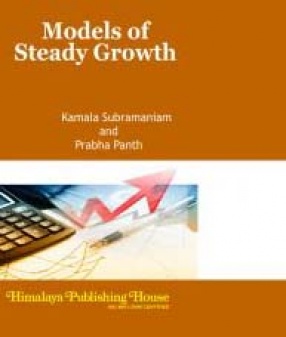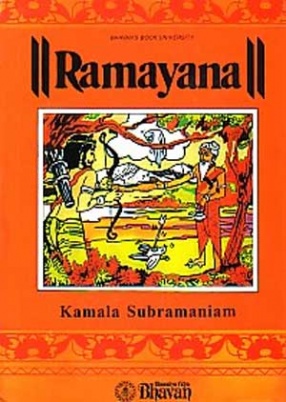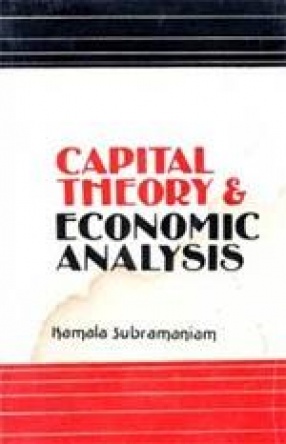
Showing all 4 books

The Classical Economic Theory of Growth demonstrated that it was not possible for capitalist economies to have sustained growth, due to various reasons. Ricardo predicted a decelerating rate of accumulation, leading to zero growth − a stationary state. Marx, on the other hand, discussed the invariable collapse of capitalism due to its internal contradictions. During the Neo-classical era, interest in analysis of growth of capitalist economies faded. It came ...

On the banks of the river Tamasa stood the sage Valmiki. He was absorbed in the contemplation of the sense of peace pervading the place. All on a sudden, he heard the twang of a bowstring, the whirr of an arrow and the piteous cry of a Krauncha bird whose mate had just been killed by the arrow. Valmiki was overcome with pain and compassion and, when his eyes rested on the hunter who had parted the birds, his mind was full of anger and he spoke harshly to the ...

The author has captured with dramatic intensity the movement of the story of the epic Mahabharata. The narrative is vivid, and is a priceless legacy for the young and the old. The story of the Pandavas and the Kauravas and the Mahabharata war has been retold in a superb manner. Though the book is an abridged version of the great epic, all the important aspects have been covered in it. The style is lucid, the dialogues crisp and the characters come alive in front ...

The present book is an attempt to cover various aspects of the Theory of capital from the classicals to post-sraffians. Starting from what is capital the author has tried to trace the history of basic concepts and important controversies in Capital Theory. This would help the reader to get an insight into the evolution of the concepts which may in turn highlight the issues in the controversies. The capital theoretic base of classical, neo-classical and ...
